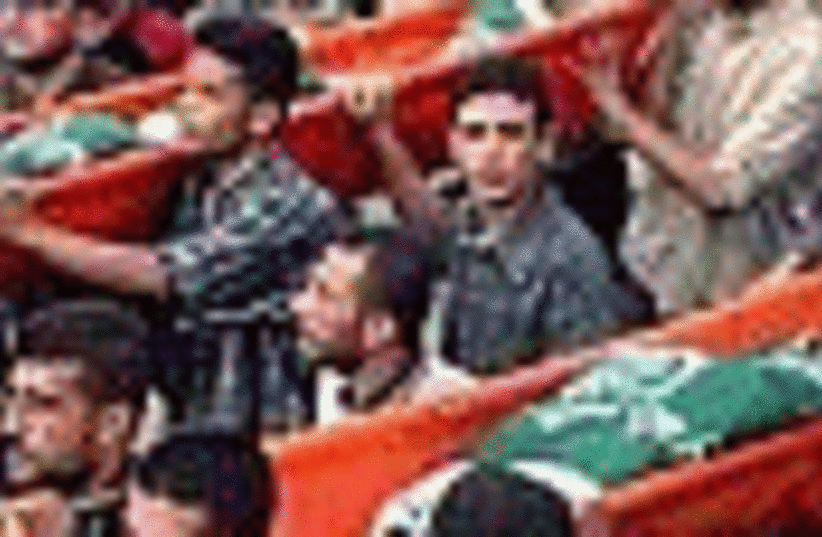| More about: | Gaza, Hamas, Mahmoud Abbas, Islamic Jihad Movement in Palestine |
Hamas making all the wrong moves
"It has clearly suffered from its display of militancy and took its show of arms too far."


| More about: | Gaza, Hamas, Mahmoud Abbas, Islamic Jihad Movement in Palestine |